Essentially (right now) there are three options.
1. eTransfer
eTransfer is a direct transfer of funds from your online banking to the Church of the Nazarene bank account. Any eTransfer to "[email protected]" is automatically deposited into the church account and the church office receives an email stating that you have made a transfer.
Because this email account is set up with the bank already; you will not need to enter a security question and answer for the transfer. It will be automatic. It will be automatically deposited to our account. No one (at our end) needs to "accept" the transfer and there is no cost (to the church) for receiving your transfer. It is easy and it is quick.
Most eTransfers will be for "tithes" however, you are most welcome to include "offerings" as well. If there is no "note" we will assume it is your tithes. However, if you wish to add a contribution to a special offering, you can specify it (or the portion of it) in the "note" section before finalizing your eTransfer.
Once the eTransfer is received, the church office prints out a report that shows your name and the transferred amount. This is then entered into our "contributions" database, which later issues you a tax receipt.
2. Credit Card: Tithe.ly
Tithe.ly is a church specific credit card option. If you wish to use a credit card, and if you don't mind NOT being anonymous, and especially if you would like to give a contribution by credit card regularly.... "tithe.ly" is your best option for a couple of reasons:
a) for YOU there is a "tithe.ly" app that you can download. Once you set it up and choose the Whitehorse Church of the Nazarene, you can open the app, press a button or two, and make a donation virtually on the spot. Once it is set up, it takes only seconds to make a contribution. If you are in church, the app will recognize your location; but you can make a donation from any location. This is probably the easiest way to give (regularly) with credit card.
b) for US, the fee we are charged from "tithe.ly" is a little lower than the alternative (which we will look at next). The fee is not a big deal. We are quite prepared to absorb the fee for either credit card service... but this one is just a fraction lower.
3. Credit Card: Canada Helps
Canada Helps also offers charities the benefit of receiving donations through credit card. There is no fee to you and the fee to us is just a fraction more than the alternative. Canada Helps will charge us a flat 4% of your contribution.
The advantage of Canada Helps is that you can issue your contribution 100% anonymously (to us) and STILL get a tax receipt. How is that possible? Because our charity is registered with Canada Helps and THEY will issue you the tax receipt. So when someone gives through Canada Helps they can indicate their name (if they wish) or make their contribution anonymous. Either way, the tax receipt is issued from them, not us. We will not issue a tax receipt for any contributions made through Canada Helps because they issue it.
LINKS
- Canada Helps donations through a website.
- Tithe.ly donations through a website.
- Tithe.ly app for Apple Phones & Tablets.
- Tithe.ly app for Android Phones & Tablets.
Please be aware that MORE than the actual financial contribution (as much as that is appreciated), your faithfulness to the Lord is the top priority.






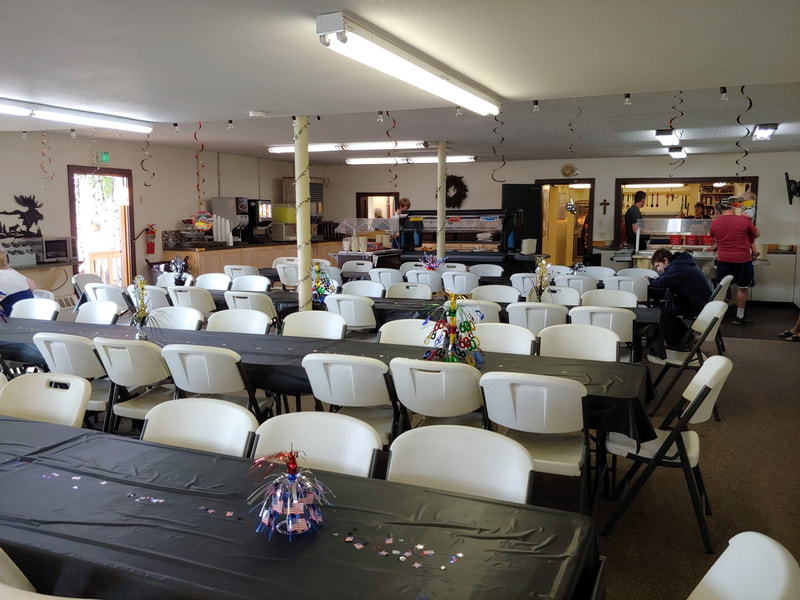







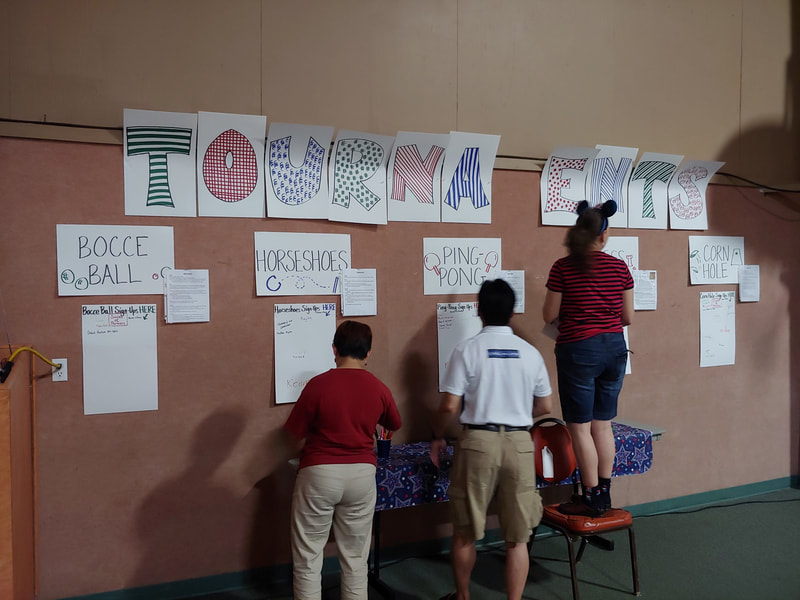






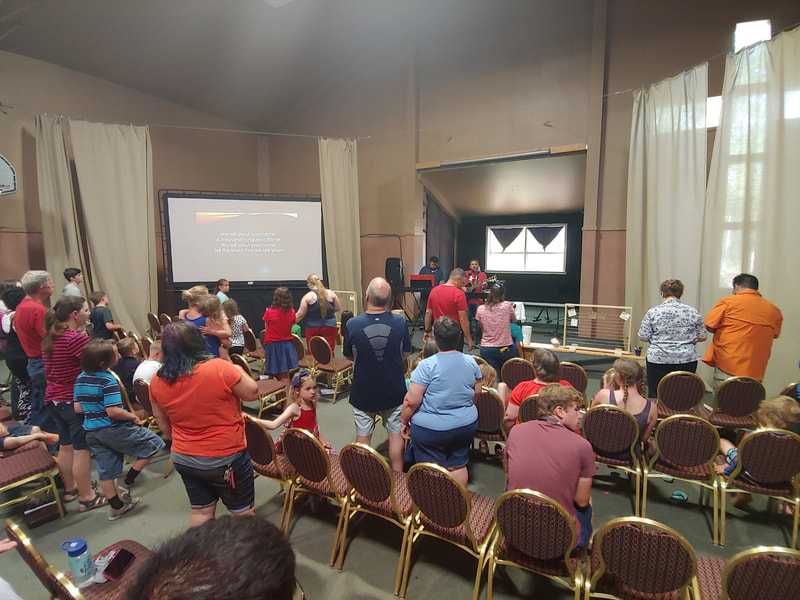










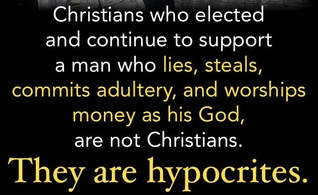
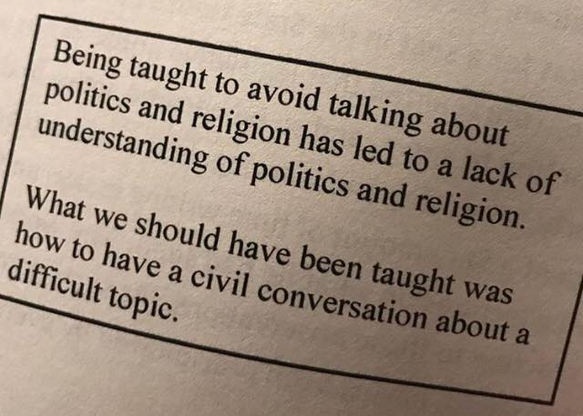
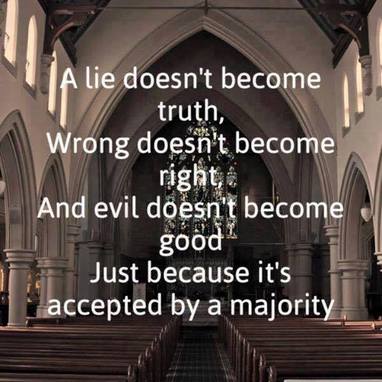
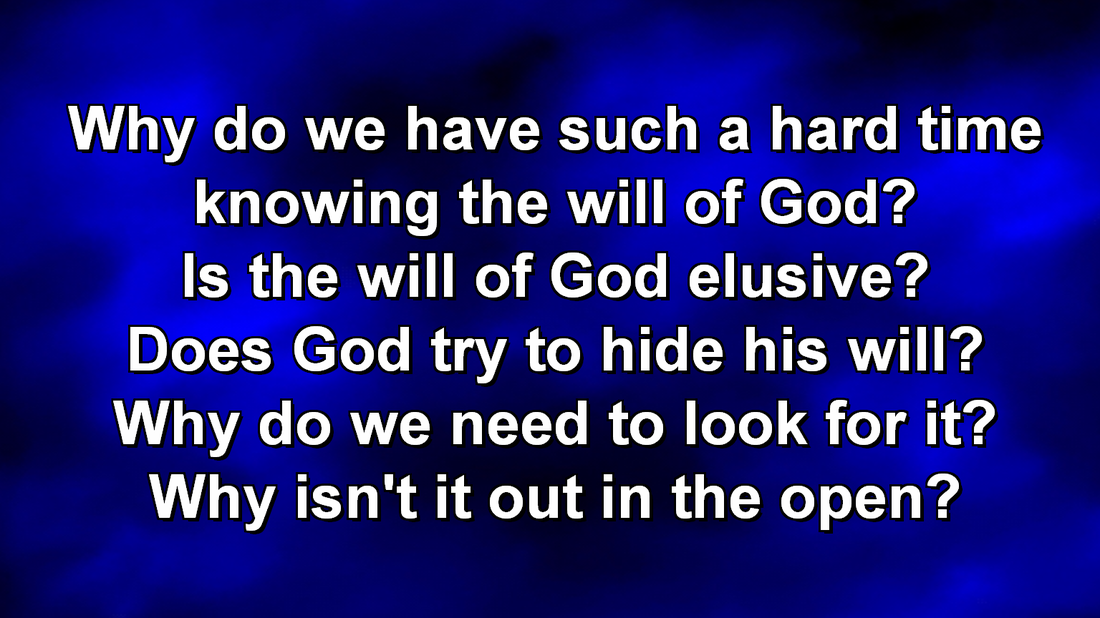
 RSS Feed
RSS Feed